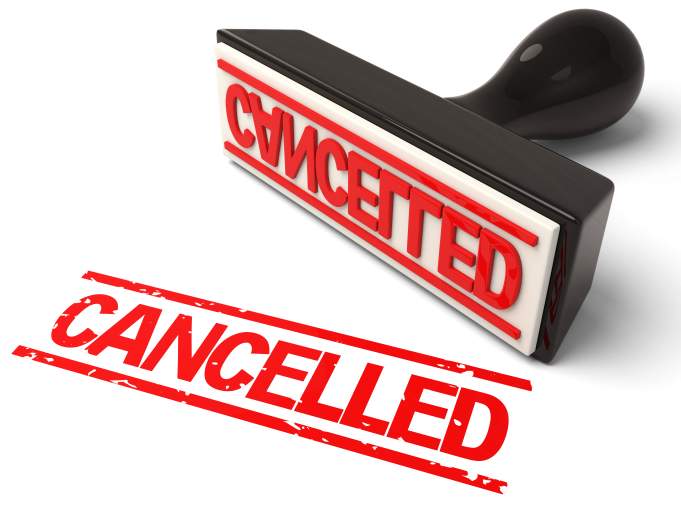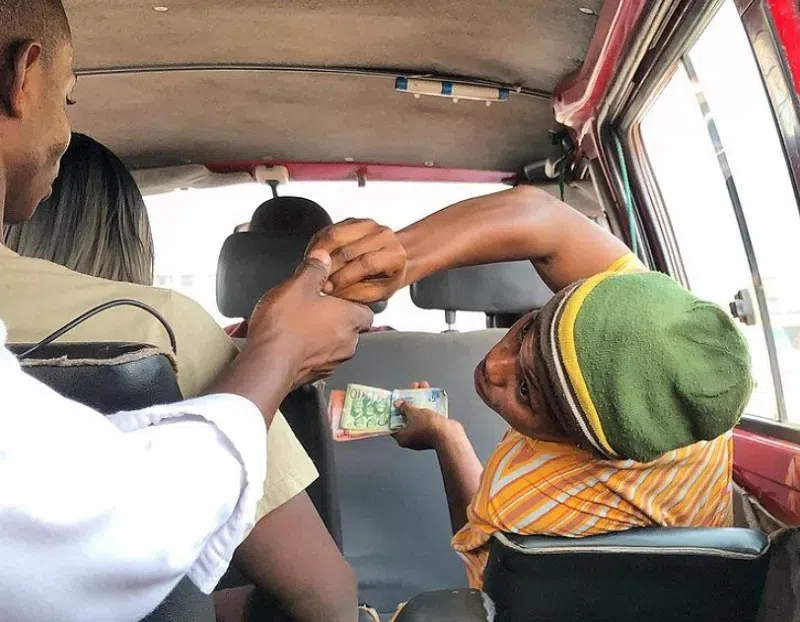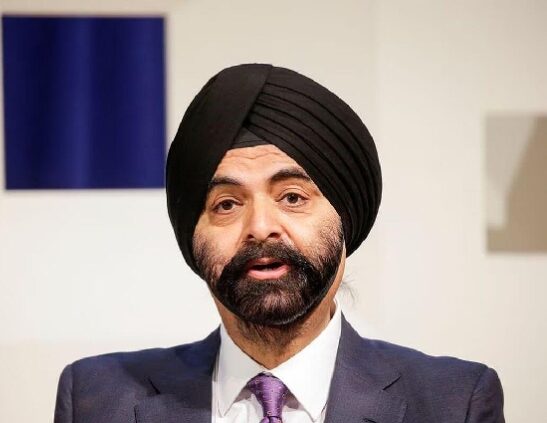
THE country's State-Owned Enterprises (SOEs) recorded a net loss of GH¢1.29 billion, in 2017, according to State Ownership Report.
That, the report said, was as a result of factors including the persistent failure of the SOEs to control costs since their operating cost increased by 56.5 per cent.
The SOEs were also cited for unsatisfactory compliance with reporting and disclosure provisions in legislative and regulatory requirements governing their operations.
According to the report, no SOE, including the 33 covered in the report, had submitted their 2017 audited financial report to the Ministry of Finance as of the end of April 2018.
More so, dividends paid by many of them did not commensurate with the volume, type and size of investments made in them.
Due to the losses, most SOEs and joint venture companies have become highly indebted, near collapse, dependent on government bailouts while others have closed down over the years.
In essence, SOEs, instead of producing goods and services to citizens, in addition to creating employment opportunities are fast becoming liabilities to the government.
The sad aspect is that the various heads whose weak corporate governance practices contribute largely to these mess often go unpunished as they take advantage of weak and archaic laws.
To stop the unenviable trend, a new dawn in the activities of SOEs beckons, following the launch of the State Interest and Governance Authority (SIGA) to take up the mandate of the State Enterprises Commission and the Divestiture Implementation Committee.
The new entity is mandated to ensure the prosecution of board members and corporate executives who break or sidestep corporate governance regulations, assist the Ministry of Finance to assess the borrowing levels of the SOEs, ensure they pay their dividend to the state, among other responsibilities.
"The days where board members and corporate executives flout rules and regulations and are left off the hook are over," the President, Nana Addo Dankwa Akufo-Addo who launched the new entity said, adding that culprits could be made to face a term of imprisonment of not less than 5 years and up to 10 years.
We are happy that the government has risen to the occasion to ensure that the SOEs 'work again' and serve the purpose for which they were set up.
In fact, we welcome the whole idea and commend all stakeholders who have made this possible. We are hopeful that it is the game changer we need in the country.
That said, we look forward to a new paradigm that would revive the SOEs on life support and support them to become productive. We expect to see discipline in the sector leading to reduction in losses and compliance to regulations.
As the new chapter has been opened for us to change the narrative, we hope that we would write a success story; leave a legacy, one that the next generation can read and be proud of.
Read Full Story












Facebook
Twitter
Pinterest
Instagram
Google+
YouTube
LinkedIn
RSS